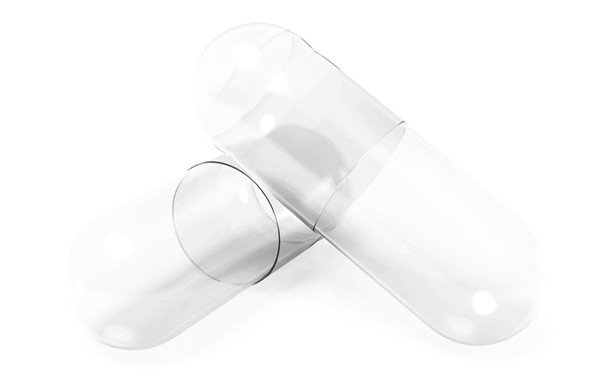
Especially the latter are provided with the diet in insufficient amounts, the proportions between the omega 3 and omega 6 acids get disturbed as well. Which lowers the body’s defenses against developing cancer cells. What are the anti-cancer properties of fatty acids?
Omega 3 versus cancers
[OMEGA3 RIGHT]Unsaturated omega 3 fatty acids are mostly the DHA and EPA acids, as well as the ALA acid. Especially the former two have a very beneficial influence on health. One of their major functions in the body is supporting the immunity. We all associate better immunity with limited prevalence of cold or flu. The reality, however, is that the immune system also protects us from cancer – our body creates individual cancer cells everyday.
Thanks to proper functioning of the immune system they get neutralized and the cancer never gets a chance to develop. If we fall victim to intensive activity of free radicals and other carcinogenic factors or our immune system fails, however – it might result in cancer developing.
What does omega 3 offer? These fatty acids effectively support the battle against cancer cells – they destroy forming cancer cells, limit the development of the tumor, stop it from growing blood vessels. High supply of omega 3 acids also increases the effectiveness of a cancer therapy – omega 3 embed themselves into cancer cell membranes, thus providing better penetration of oncological medications. Omega 3 acids also limit the development of metastases.
When talking about cancers and preventing them, it is necessary to not only mention the supply of omega 3 acids, but also limiting the consumption of omega 6 acids. Too much of them in the diet might cause inflammations, or even development of cancers. In most cases, the food we eat provides us with both omega 3 and omega 6 – products that contain valuable omega 3 acids also contain plenty of omega 6. In order to balance their proportions, it is the best to choose supplements containing omega 3 acids.
Omega 3 – how much of them do we need daily?
The daily requirement for omega 3 acids is about 2 g. The diet can’t always provide us with that much of unsaturated fatty acids. The richest natural sources of omega 3 are saltwater fish, unrefined plant oils, avocado, nuts, chia, flaxseed. And in order to get the right amounts of these valuable fats, it is the best to regularly supplement omega 3.
Supplements are available in form of easy to swallow capsules, then there is also fish oil. Omega 3 should be used preventively – we shouldn’t wait until getting symptoms of omega 3 deficiency. We’re talking about lowered immunity, hypertension, high blood cholesterol, dry skin, excess weight. Such preventive treatment will help us prevent not only cancers (especially pancreatic, stomach, colon, breast or prostate cancer), but also cardiovascular or nervous system illnesses.






One Response
Visitor Rating: 5 Stars